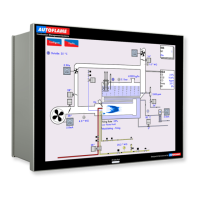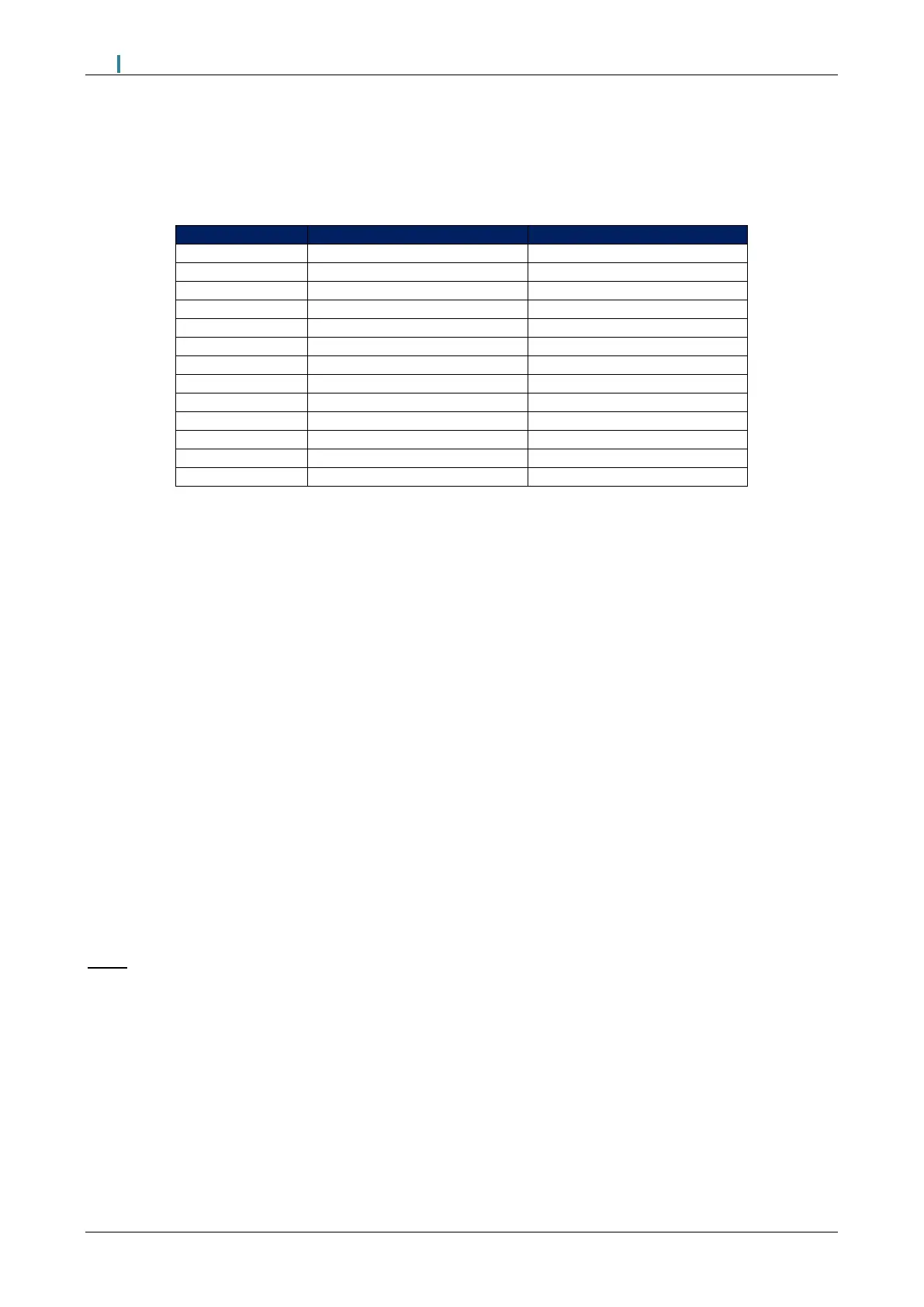10 Water Level Control
Mk8 MM Manual Page | 158
10.1.3 Water Treatment
Water is a solvent, and its natural form will contain impurities that can have an unwanted effect on the boiler
operation by either corroding the metal heat transfer surfaces, or by lowering the rate of heat transfer from
the surfaces to the water. The impurities which are found in water include:
Alkalinity, embrittlement
The water treatment regime in any boiler installation has an effect on the life of the boiler. It is important to
install any level controls in accordance with the local and national authorities’ boiler inspection bodies,
approval authorities and boiler manufacturer’s guidelines. As well as this, it is vitally important to select a
suitable water level treatment regime to ensure correct and safe operation of the Autoflame system. Water
treatment companies should be able to assist with the selection and implementation of a suitable water
treatment regime.
It is important to remember that the guidelines set are limits that should not be exceeded at any time. If these
guidelines and limits are not maintained, then this can cause adverse effects on equipment installed as well
reducing the longevity of the boiler and increasing ongoing maintenance requirements.
Total dissolved solids (TDS) are impurities which have not been boiled off with the steam. If the TDS
becomes more and more concentrated in the water, bubbles and foaming will occur at the water surface. If
these solids then leave with the steam from the boiler, they can contaminate the steam plant equipment,
such as heat exchangers, steam traps and control valves. The boiler manufacturer will specify the required
TDS level in the water for that boiler. The Mk8 MM has an expansion feature which allows the system to
control the TDS level in the boiler via top blowdown control, please see section 4 for top blowdown control.
Suspended solids will exist in the water and if the boiler water is disturbed, they will remain in this state,
however when the water is still, these solids will descend to the bottom. Over time, these solids will build up
and reduce the heat transfer and may result in the boiler running less efficient. To reduce this sludge which
will build up at the bottom of the boiler, the Mk8 MM has a bottom blowdown control expansion feature.
Please see section 5 for bottom blowdown control.
Note: It is the responsibility of the boiler operator to ensure that the water used in the boiler has been
treated and maintained according to the boiler manufacturer’s specifications.

